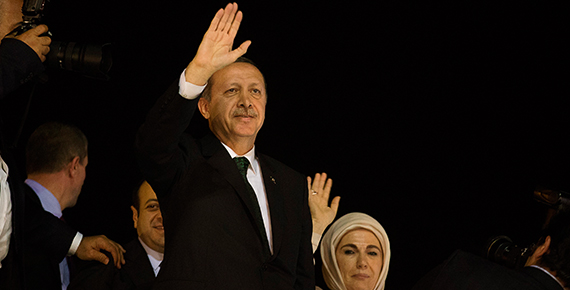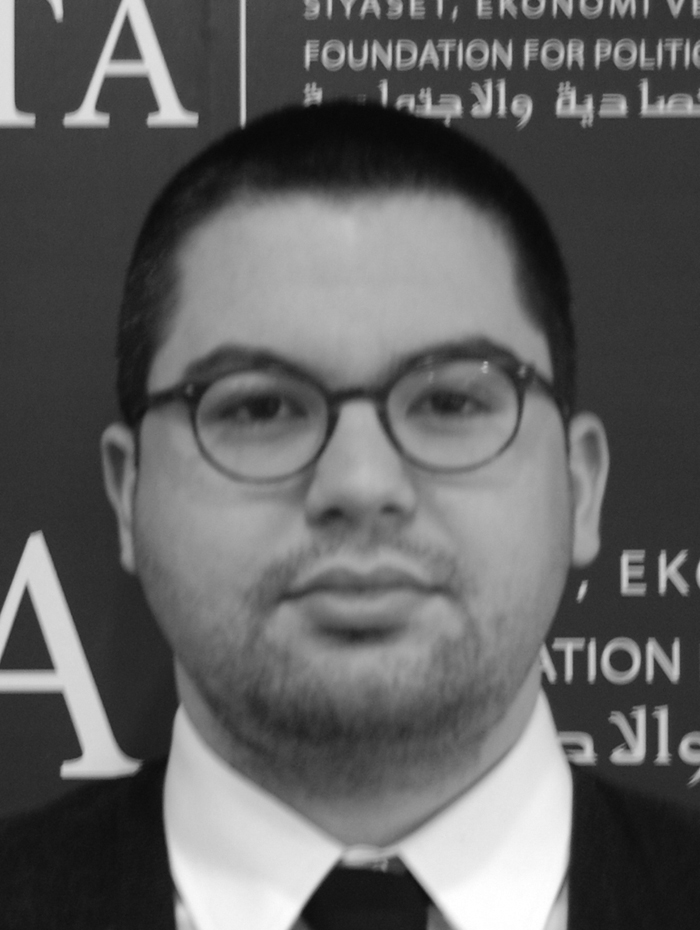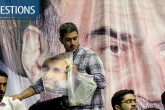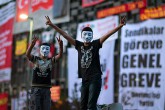Ten days into violent protests that began as a minor demonstration against the government’s urban reconstruction plans in Taksim Square, Istanbul, Prime Minister Erdogan has returned to Turkey following a four-day official trip to North Africa. Upon his arrival, the Prime Minister addressed thousands of supporters who gathered at the Istanbul airport to stand in solidarity with Mr Erdogan amidst domestic and international criticism. While the Prime Minister’s “Airport Address” might seem strong worded –if not outward aggressive- the text contains certain hints that the government will soon take reconciliatory steps to address the movement’s concerns and leave tensions behind. Despite its poor crisis management performance, the Erdogan administration now has a roadmap for building up a consolidated democracy atop an already flourishing economy.
First and foremost, Mr Erdogan’s speech must be properly contextualized as a series of messages to a friendly (and quite outraged) audience. As such, the Prime Minister aimed to reassure supporters that he would not bow down to challenges to his authority as a democratically elected leader. Parts of the speech, including his vocal support for the police force that is due to undergo a substantial investigation regarding disproportionate use of force, were clearly intended to reassure supporters and sympathizers that the government was not intimidated by widespread protests that already resulted in several deaths on both sides. The Prime Minister even went on to say that some protestors “looted towns and set the Turkish flag on fire.” He also renewed his emphasis on the role of free and fair elections –a strong institution in the country- in attaining political power –a reference to the military’s involvement in past coups that hits a strong chord with Justice and Development Party voters who still remember Mr Erdogan as the determined politician that stood his ground in the face of a clear threat of military overthrow during the 2007 presidential crisis. Similarly, he sent a direct message to alleged sponsors of violent protests in urban centers (“the interest lobby”) by stating that “none but God could prevent Turkey’s rise.”
Erdogan’s strongly worded statements, however, must not blur the bigger picture that this is a prelude to a period of recovery and reconciliation for Turkey, one of the most stable countries in the region. During the Prime Minister’s North Africa visit, a series of talks between President Abdullah Gül, Deputy Prime Minister Bülent Arınç and main opposition leader Kemal Kılıçdaroğlu created fertile ground for dialogue and Arınç, in his capacity as acting Prime Minister, apologized for the police conduct against peaceful protestors at Gezi Park. This paved the way for Mr Arınç’s meeting with a group of representatives from the Gezi Park Platform, several labor unions and NGOs. Meanwhile, Turkish media began to speculate that the President might veto certain parts of a recent legislation that introduces restrictions on the sale of alcohol similar to US regulations.
Although it might be hard to spot, parts of Mr Erdogan’s speech intended for the general audience included subtle yet clear statements that formed a reconciliatory tone. First of all, the Prime Minister emphasized that he was “a servant of all 76 million citizens, not just 50 percent” in an obvious effort to address strong criticism toward his earlier statement that he “had a hard time holding half the country back.” Another important point was the use of a poem –a common element in Mr Erdogan’s public addresses that sets the tone. Specifically, Erdogan quoted a work of Sufi poet Yunus Emre, a symbolic personality associated with tolerance and dialogue in Turkey:
I have not come for struggle
My work is for love
A friend’s home is people&



